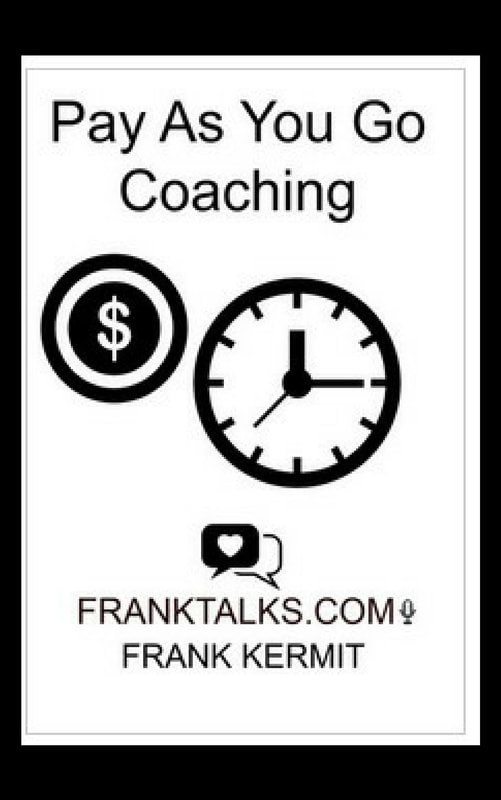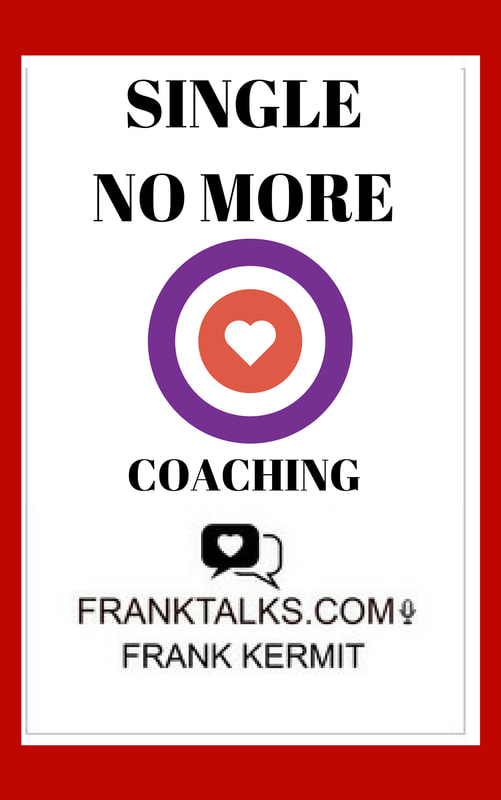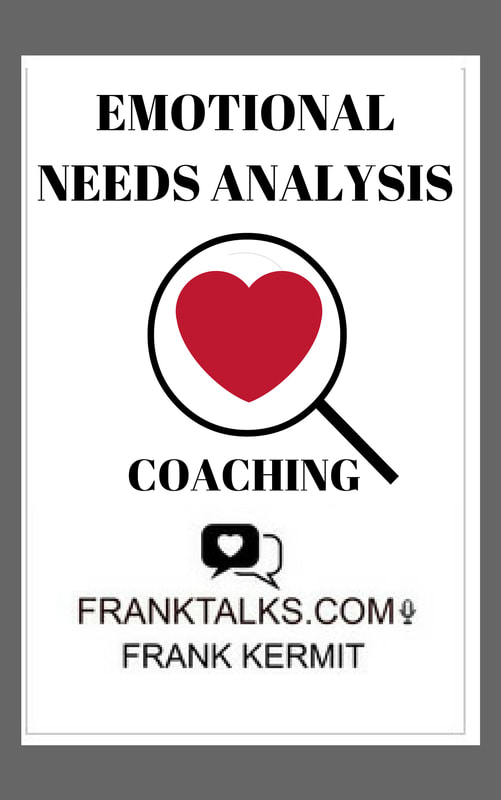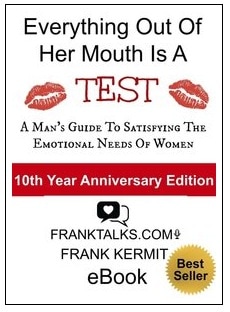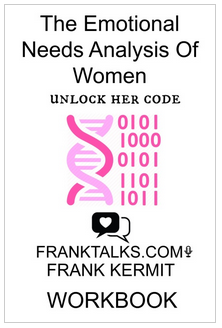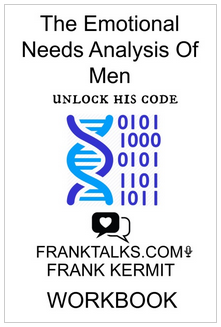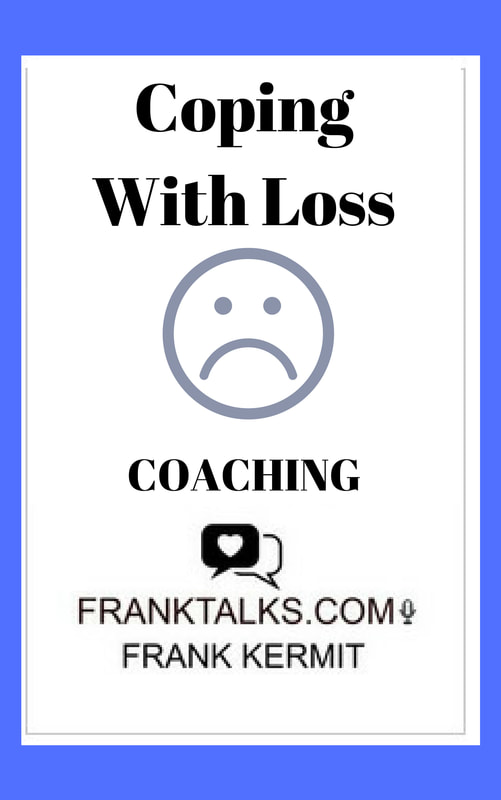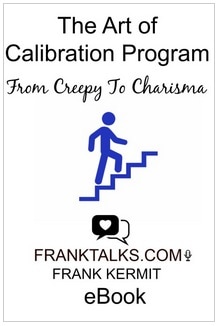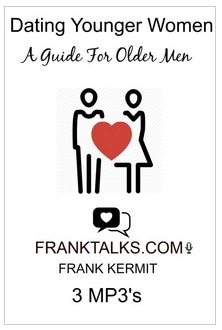|
Before we dive into this article on how to help a depressed spouse, I want to reach out and say that you have as much support out there for you as a partner of a depressed spouse as well.It is not easy to be a caregiver even if you're not full time caring for a partner. And you may be working full time and they may even be working full time, but being in a position where you are supporting somebody with depression is hard and that should be acknowledged. As the partner, you'll want to do what you can to help the person that you love, and that's both admirable and part of the unwritten rule of a relationship. When one of you needs to fall, the other one catches and holds them up until they can stand again. Unfortunately, with depression, that's much harder to do because the person falling generally tends to stay there. As depression isn't something that is easy to manage for them, it's also not going to be easy to manage for you. But we've put together a list of things that you can do to help to support your depressed spouse.
0 Comments
Do you feel as though your mental health isn’t as good as it could be, because of debt? Maybe you feel as though you have a lot going on at home, and want to get back on the right track. Either way, if you suspect your mental health is suffering, it probably is. If you want to make a change, all you have to do is take a look below. Sleep Better
One of the first things you can do if you feel as though your mental health is suffering is take the time to sleep better. Oversleeping is just as bad as not getting enough sleep, so make sure that you're getting a solid 7-8 hours a night and then force yourself out of bed. If you are in a bad sleep pattern because you feel as though you need to nap during the day, or because you just can’t doze off at night, it may be that you don’t have the right sleeping environment. One way to work around this would be for you to reestablish your nighttime routine. Take a bath, or even read a book before bed. It may be worth using CBD oil as this could help you unwind. Deal with the Source Another thing you can do is try and deal with the source of your anxiety. Everyone gets anxious or stressed from time to time, but if you feel as though financial anxiety is impacting your life, you need to get to the root of the issue. Symptoms may include heart palpitations, a racing mind and shortness of breath. If you want to help yourself, talk it out, visit your doctor or try a natural method to bring your mental state down a notch. This is often the first step to being able to cope with your symptoms. When you’re calmer, it’s easier to deal with the financial worry, with a clearer mindset. Eat a Good Diet It’s so important that you eat a good diet. If your diet isn’t good enough then this will make it much harder for you to be healthy. Remember, a healthy body equals a healthy mind. If you want to stop from binge eating then remove all food like this from your home. When you have done that, you can focus on eliminating sugar where possible and boosting mental health in general. This is a great starting point and it may even have an impact on physical anxiety as blood sugar will be way more stable. Stop Isolating Yourself If you struggle with a lot of financial anxiety, one thing to do is stop isolating yourself from your partner. You need to connect with friends and family too. Get out and make sure that you keep pushing yourself. This is easier said than done if you don’t have much of a social battery, but with that being said, it is so important to stop shutting away and to get out there so you can meet new people and socialise. It is sometimes referred to as a “two-fold disease”, being an “obsession of the mind coupled with an allergy of the body.”
Addiction is the experience of not being able to stop using a substance or engaging in a behaviour despite a genuine desire to stop. Addiction is the combination of being in a state of emotional discomfort (often discomfort we are not consciously aware of) and having a previous experience with a powerfully soothing substance or behaviour. Our underlying discomfort increases as a result of this cycle, making us seek even more relief. When it comes to a substance addiction (like sugar), we also can develop a physical dependence which complicate things further. (It) becomes so essential to our comfort that we can’t muster the willingness to stop without help. We are addicted. Addiction is a spectrum. Some people have a much harder time controlling their addictive behaviours than others. Some need intensive treatment and some seem to be able to do it with minimal assistance. Do not compare yourself to others; compare yourself to yesterday’s version of yourself. If you have tried to stop or moderate a particular behaviour and cannot seem too despite your attempts to stop, that thing is addictive FOR YOU, regardless if others can stop or not. Recovery is the process of improving your thinking, changing your lifestyle, and trusting that you have the ability to live a rich, full life without engaging in life-crushing compulsive behaviors. -Jeffrey Munn, LMFT Author of Staying Sober Without God Recovery is the life-long process of improving your overall mental and emotional health so as to minimize the harm and suffering you inflict on yourself and others.
Recovery is not a singular event, or a finite process; it is a lifestyle. Recovery is a fundamental change to be made to the way you look at and interact with the world and the people in it. Recovery is a transformative experience that takes place slowly, making small incremental changes towards improving oneself. Recovery is about interacting with healthier people, which is why meeting have a lot to offer. Recovery is a willingness to try something new and make a small effort every day to engage in new habits and behaviours. Recovery is moving out of a hopeless state of mind and body. Where a person no longer experiences certain kinds of suffering. Recovery is the actions that need to be taken in order to achiever a state of stability and move towards optimal mental health. Making meaningful connections in today's modern world can be challenging. With so many of us immersed in digital devices like computers and phones, it can be easy to feel isolated and disconnected from those around us. That doesn't have to be the case, though; there are still plenty of opportunities for meeting people online and offline if you put yourself out there! In this blog post, we'll share five ideas that will make meeting new people simpler than ever! Join A Local Meetup Group Joining a local meetup group can be an ideal way to meet people with similar interests and expand your social circle. By signing up for one, you can find events tailored towards hobbies or career goals or even simple activities like board gaming. Not to mention being immersed in an environment full of people who share similar values, beliefs and interests. Conversations can easily happen between like-minded people while making valuable connections and learning new skills; ultimately, joining one could provide the perfect way to build relationships and discover passions! Register For A Local Sports League Or Recreational Activity Are you searching for an exciting and healthy way to stay active this season? Look no further than your local sports league or recreational activity centre! No matter your skill or ability level, there is sure to be something perfect for you in recreational sports - from organized team sports like soccer and basketball, yoga and dance classes and individual pursuits like salsa dancing available, plus signing up is a great way to meet new people while becoming more involved with the community! Don't wait; start exploring this fantastic world of recreational sports! Examine Online Forums And Social Media Websites Today's digital world makes finding people who share similar interests easy, and online forums and social media sites provide excellent ways to meet like-minded individuals. From discussing favourite TV shows to finding workout buddies, online forums provide ample opportunities for finding people with shared passions; it might just make some lifelong friendships along the way! So put yourself out there and start connecting with individuals who share your interests; who knows, maybe there will even be someone for whom it all starts now. If you're looking to meet a romantic partner, then consider using the best dating app online. Join A Local Community College Deciding to further your education is both admirable and exciting. Although the prospect of furthering it may be daunting, taking classes at your local community college or university may provide the ideal solution. Not only are community colleges typically more affordable than larger institutions, they often feature smaller class sizes allowing for improved interaction with others in your class. Striking up a conversation before or after classes is a great old-school way of meeting people. Step Outside Your Comfort Zone Breaking out of routine can be challenging, but it is worth your while. One way to begin is by attending public events like art shows or concerts. These experiences can be exhilarating and provide fresh perspectives on life and opportunities to meet others who show similar interests. Stepping outside your comfort zone means accepting something unfamiliar, which can be both scary and exhilarating all at the same time. Finding new connections doesn't need to follow the traditional path; with the right approach, you can make finding and developing relationships easier than ever. With so many choices at your disposal, it should be easy to locate one or several that suit your individual needs. There are endless possibilities awaiting those willing to break free from conventional expectations and embrace modern ways of connecting with one another. If you're sexually active, there's always a chance of an unplanned pregnancy. And if you find yourself pregnant and aren't ready for a child, it can be very stressful. You may be wondering what your options are and whether or not you'll be able to keep the baby. In this blog post, we'll discuss the link between unplanned pregnancies and depression and some of the options available to you if you find yourself in this situation. We'll also talk about the morning-after pill and its various options. Unplanned Pregnancy and Depression Having an unplanned pregnancy can be a very stressful and overwhelming experience. As a result, it is not unusual for women to feel depressed after becoming pregnant unexpectedly. According to a study published in the journal BMC Pregnancy and Childbirth, up to 30% of women who have unplanned pregnancies experience symptoms of depression. There are a variety of reasons why an unplanned pregnancy can lead to depression:
If you think you may be pregnant and do not want to continue the pregnancy, it is essential to be aware of your options. First, you can make an appointment with a doctor at the health center to discuss your morning after pill options. The morning-after pill is a medication that can be taken to prevent pregnancy after unprotected sex. If you are considering taking the morning-after pill, you must speak with a doctor or nurse about your options. They can help you choose the type of pill that is right for you and answer any questions you may have. It is also essential to know that the morning-after pill does not protect against sexually transmitted infections (STIs). If you think you may have been exposed to an STI, you should make an appointment with a doctor or health center to get tested. No matter what you decide to do after an unplanned pregnancy, seeking support from friends, family, or a mental health professional is crucial if you are struggling. There are many resources available to help you through this difficult time. The Link Between Unplanned Pregnancy and Depression Depression is a common mental health disorder that can profoundly affect every aspect of someone's life. It's estimated that around 16 million adults in the United States suffer from depression, and it's one of the leading causes of disability worldwide. While depression can develop at any age, certain risk factors can make someone more susceptible to developing the condition. One of these risk factors is an unplanned pregnancy. Studies have shown a strong link between unplanned pregnancy and depression, especially for teenage girls and young women. For example, one study found that nearly 30% of adolescent girls who had unplanned pregnancies also suffered from clinical depression. There are several reasons why an unplanned pregnancy can lead to depression. For one, it can be a very stressful and overwhelming experience. Dealing with the physical and emotional changes that come with pregnancy can be tricky, and it's even more challenging when you're not expecting it. An unplanned pregnancy can also cause financial strain, adding to the stress and anxiety of being a parent. Not to mention, there is often a lot of pressure from family and friends to have an abortion or give the baby up for adoption. Coping with an Unplanned Pregnancy An unplanned pregnancy can be a very stressful and overwhelming experience. If you are struggling to cope with an unplanned pregnancy, it is essential to seek help from a mental health professional. Here are some coping strategies that may be helpful:
In conclusion, unplanned pregnancies can be a very stressful and overwhelming experience. If you find yourself in this situation, it is vital to seek help from a mental health professional. There are many effective treatments for depression, including therapy and medication. Additionally, support groups are available for women who have experienced unplanned pregnancies. Finally, if you think you may be pregnant and do not want to continue the pregnancy, it is essential to be aware of your options. You can make an appointment with a doctor at the health center to discuss your morning after pill options. Feeling unhappy is an unpleasant experience in itself. However, it can also leach out into the rest of your life and negatively affect the way you interact with others. Think about the last time you were unhappy. How did it affect your conduct? If you’re like most people, it reduces your performance at work and harms your relationships with other people. In this post, we take a look at some of the things that happen when you feel unhappy. You Start Assuming The Worst Have you ever felt a lump on your body and then automatically assumed that it is terminal cancer? If so, you’re not alone. You’re in the company of millions of people who are in the habit of assuming that the worst possible thing is happening to them, even if it’s not. When you are unhappy, you are much more likely to assume the worst. If a friend doesn’t text you back, it’s not because they’re busy, it’s because you’re unworthy and they don’t like you. Or if you don’t get the job that you wanted, it’s not because it was the wrong role for your skills, it is because you suck as a person. You Start Lashing Out When people are unhappy, they start unconsciously looking for scapegoats they can blame for the way they feel. Because they don’t have pleasantness inside, they begin to attack those around them, finding whatever excuses they can. “You didn’t do the dishes” or “you’re the reason I feel so bad” are common exclamations for people in this state of mind. You Start Propping Yourself Up With Things That Are Bad For You Many people who feel dreadfully unhappy with life will often try to prop themselves up with something that’s bad for them. Sunshine Behavioral Health, a behavioral change clinic, talks about this in detail. Most frequently, people use substances because they produce instant effects in the mind, but many also engage in other dangerous activities. These might include extreme sports, risky sex or crime. The reason for these activities is that they make people feel normal for a short time. They offer them a welcome break from the misery that they are feeling. However, in the long-term, they are often even more destructive to happiness. You’re Getting Upset When Things Happen Outside Of Your Control Unhappy people want to control everything. It’s their way of bringing order to their chaotic minds. They want to make sure that the external world proceeds as pleasantly as possible for them so that they don’t feel disturbed. Of course, taking this approach to life doesn’t work. That’s because the world has a habit of going its own way. When it does, unhappy people get into deep rages, angry that things have to be the way that they are. You Beat Yourself Up Many unhappy people also add insult to injury by beating themselves up for how they feel. They might say things like “I expected I would feel better about my life by the age of 30, but I don’t” or “there is something wrong with me because I can’t be as happy as my friends.” The problem with misery is that it tends to compound itself, building up, the more you practice it. Eventually, feeling sad becomes a source of self-attack in itself. Your Work Suffers It’s hard to get excited about work when you feel unhappy. Everything seems pointless, so it’s hard to put your full effort and concentration into what you’re doing. You know you need money to survive, so you continue plodding forward, but it’s a struggle. Wrapping Up Unhappiness is both unpleasant and dangerous. It can lead you to do things that you wouldn’t normally do. Fortunately, though, you can turn the situation around, often by engaging in simple techniques. To be happier in your life consider:
"It is not unusual for people with mental conditions to be treated as though they are different or even "crazy." Mental disorders are severe medical conditions that affect millions of men, women, and children worldwide. Yet because of stigma, prejudice, and discrimination, many people live in silence about their mental health problems. World statistics indicate that 300 million people suffer from depression worldwide, which is only the people diagnosed. As a result, most mental conditions are misunderstood. Many of these conditions are caused by a chemical imbalance in the brain and can be treated with medication and therapy. People who suffer from these disorders can be given tools to cope with the disorder and lead a normal life. With the help of a psychiatrist and a strong support system of people who are willing to educate themselves on these conditions, most people can successfully be treated. Bipolar Disorder
It has been referred to as "Manic Depression," which is inaccurate because it does not accurately describe what Bipolar Disorder entails. Bipolar disorder causes shifts in moods between depression and mania. This can happen daily or weekly instead of just once or twice per year, like the "once in a while" version of Manic Depression would suggest.People who are bipolar may also experience periods with no symptoms, often called euthymia or wellness. This can be extremely confusing for the individual because there is nothing to differentiate between being well and not-well other than looking back on past behavior compared with current behavior. -Mania is a state in which the individual feels exceedingly happy and excited about life, almost to the point of feeling invincible. During these periods, it can be difficult for friends or family members to get through because they are often met with irritability, impatience, stubbornness - you name it! The person experiencing mania may also feel like they are on top of the world, with an increased sex drive and decreased need for sleep. -The depressive state is often filled with hopelessness, lack of motivation or interest in activities that would generally bring joy to them, irritability towards friends/family members (even if they're trying their hardest), along with significant changes in appetite. Gender Identity Dysphoria A condition in which an individual feels that they are not the gender they were born with. The disorder causes significant distress and problems functioning because of these feelings. People with this disorder often feel like "outcasts" and may even attempt suicide. An estimated one in 30,000 males and one in 100,000 females seek treatment for the condition. This might be the most controversial disorder as many people disagree on how a child with this disorder should be treated. Some treatment options for this condition include hormone replacement therapy or gender reassignment surgery. Other methods may consist of psychiatric help and medication. An interesting study on My Transgender Blog has found that transwomen are three times more likely to come out than transmen. Overall, the study found that transwomen come out at a younger age compared to transmen. This study also showed that transgender people often first come out to their mothers and friends, and one out of 10 people want to tell their spouses first. Many transgender people reported that it is not as bad coming out as they thought, but many people also noted that there are negative consequences to coming out. Overall many transgender people are afraid that people will reject them when they come out, but this study shows that a lot of people have a positive experience. Sex Addiction Sex addiction is another disorder that has until recently been misunderstood by society. Sex addiction symptoms may include obsessive sexual thoughts, sexual fantasies, urges to act out sexually, and compulsive behavior with multiple sexual partners. In addition, people suffering from this disorder lie to cover behavior. Sex addiction can have debilitating effects that interfere with sufferers' daily lives, like their jobs and family. People suffering from sex addiction might also endanger themselves for sexual gratification and feel guilty after such sexual experiences. Although no consensus exists on what constitutes addiction or how it should be defined, some research suggests that the brain responses seen in people with addictions are similar to those linked with other disorders, including alcoholism and drug abuse. Sex addiction requires specialized treatment to overcome the disease and attend a sex rehab center where therapists have experience treating sex addicts with cognitive behavioral therapy techniques specifically designed to treat sex addiction. Dissociative Personality Disorder Previously known as multiple personality disorder. People diagnosed with this mental disorder have experienced a separation of the mind and often switch between two or more personalities that control their behavior. Dissociative Identity Disorder is not just having different personas but being unable to recall personal information because these experiences are so deeply repressed. As a result, it is not uncommon for someone who has this disorder to experience blackouts. Treatment can be complex because the patient has to integrate all of their personalities into one. This is done through hypnosis and psychoanalysis, which can take years, but it helps bring together aspects of personality that were once separate. Narcissistic Personality Disorder It is characterized as a "pervasive pattern" of grandiosity, or in other words, an inflated sense of self-importance and entitlement. People with this disorder often seek excessive attention. They crave admiration even when it is not given. They feel entitled to special treatment and often exploit and manipulate others to get what they want while ignoring social norms or rules of conduct. The critical thing to remember about people with narcissistic personality disorder is that they are not "bad" or intentionally acting out. Instead, NPD often suffers immensely because of it and frequently feels deep shame, guilt, and remorse for their behavior towards others, even if it is not intentional. They also often suffer from depression and anxiety and may abuse drugs or alcohol to cope with these feelings. Treatment options for people with NPD typically involve psychotherapy, in which the therapist helps identify and understand problem areas while also encouraging positive behavior through reinforcement. The fact is that mental disorders are still very misunderstood by the general public, even today. There is a great deal of stigma associated with these issues. People can be incredibly judgmental about it without prior knowledge or experience regarding what they are talking about. This lack of understanding often leads to exclusion rather than inclusion for those struggling with a mental disorder. It can make the person feel as though they are alone and that nobody understands what they are going through, which is not always true. People need to talk about their struggles openly to see how much support exists from those around them. Mental disorders do not discriminate; anyone of any race, gender, age, or socioeconomic status can be affected by one. The sooner people understand this and start changing their views on mental disorders, the better it will become for those struggling. Are you interested in improving your health? Continue reading to learn some important health checks you may want to consider in order to maximise your health. If the pandemic over the past year and a half has highlighted one thing, it’s the sheer importance of our health and wellbeing. As coronavirus and Covid-19 have rapidly spread around the world, underlying health conditions have become a major cause for concern and many of us are learning to take better care of our bodies where we can. Of course, there are countless things you can do to maximise your health, fitness and wellbeing. You can eat a balanced diet and stick within your recommended calorie count. You can get your recommended one hundred and fifty minutes of moderate aerobic exercise a week. You can take Covid precautions, such as wearing a face mask or face covering, washing and sanitising your hands regularly and keeping a two meter distance from others. But there are also times when you should check in with professionals whose role it is to check in on certain aspects of your health. Here are a few different checkups you should keep up to date with now appointments are opening back up and things are getting a little more back to normal. Eye Tests Eye tests don’t have to be attended that regularly. In fact, it’s recommended that you go once every two years. This is extremely low commitment, so there’s no excuse to miss this appointment. No matter how busy you may be, or what commitments and responsibilities you may have, it’s nigh on impossible to not have a half hour window free at some point in two whole years. The eye test itself will be pretty simple and straightforward. When you turn up, you needn’t worry, as it’s a completely comfortable and pain free experience. Your optometrist will greet you and take you into a room where the checkup will take place. They’ll use this opportunity to take a good look at your eyes and their overall health, from front to back, using their own eyes and special machinery and equipment. You are likely to undergo a number of vision tests to determine whether your eyes are functioning as they are expected to. This will help your optometrist to identify any eye related health issues or problems that you may be experiencing, such as glaucoma, cataracts or displaced retina. A simple eye check up can even take a look at the blood vessels inside your eye, highlighting any issues that you may be experiencing unrelated to your eyes, such as diabetes. Once this part of the process is over, you will have a standard sight test with letters on a board at the other side of the room. This will allow your optometrist to prescribe you lenses if required. Hearing Tests Most of us don’t have to have hearing tests regularly throughout our adult lives. We tend to have auditory tests as children, to ensure that our hearing is working well, and then don’t visit an audiologist again for a long time. While you don’t need routine appointments for hearing tests, you should make sure to reach out to an audiologist for an appointment if you experience any changes to your sense of hearing. In this situation, your audiologist will invite you to an appointment where they can help to identify and diagnose issues such as moderate hearing loss. If you have issues with your hearing, they will then be able to recommend treatments or hearing aids and guide you through the process towards helping your hearing. Dental Check Ups Dental checkups are a more regular occurrence in our lives. It’s recommended that we visit our dentist once every six months and this is for good reason. Decay and other dental issues can progress pretty quickly, and six monthly checkups help your dentist to identify and treat them quickly. The initial checkup will be simple and straightforward, generally including an oral examination and, if necessary, x rays. If any treatment needs to be carried out, such as fillings, root canals, crowns, extractions or anything else, your dentist will be able to schedule you a follow on appointment. Sexual Health Checks If you’re sexually active, regular sexual health checks will help to ensure your health and wellbeing. These will help to diagnose any STIs or STDs that you may have contracted if you have had unprotected sex or if your condom has broken. They are simple and you should get your results quickly. The healthcare professional may carry out tests there and then or provide you with something like a Chlamydia test kit. If other problems are unveiled, they will direct you through the correct course of treatment. Cervical Screening If you have a cervix and you’re aged 25 or over, you need to attend cervical screening. You may also hear this appointment and process referred to as a “smear test” or a “pap smear”. The process is generally pain free and pretty fast. It will allow healthcare professionals to take a look at cellular material in your cervix and whether it has any irregularities. Irregularities, if found, can be investigated to determine whether the cells are cancerous, and if you require treatment as a result, you will be referred on to the appropriate facilities. Following your initial cervical screening at the age of 25, you will usually be invited back for further screening once every three years until you are 44. Anyone aged between 45 and 60 will be asked to re attend once every five years. Breast Screening Breast screening is another necessity for individuals with breasts. It’s a sad reality that breast cancer is something that many women experience in their lives. Fortunately for some, breast screening can help to identify signs or the presence of breast cancer early on, allowing treatment to commence sooner and maximising chances of survival. Generally, you don’t have to book in breast screening yourself. Instead, you are likely to receive a letter from your doctor as and when you should be having it carried out. If you have a family history of breast cancer, or if you notice a lump in your own breast, contact your doctor and they will be able to book you in for a check. Even if you don’t have an appointment, it is still important to carry out regular checks on your own breasts, which will help you to notice any changes to them yourself. These are just a few health checks that may be relevant to you. Hopefully, this will serve as a reminder to book in if necessary! Do you struggle with self confidence? Continue reading to learn how you can help yourself to improve your self respect and empower yourself. When it comes to focusing on our life and dealing with people, a healthy amount of self-respect is necessary. Most of us will learn this lesson either through a natural predisposition to self-respect, or we will be taught it through tough experiences. The less you respect yourself, the less you’re likely to project confidence, and from there, the more you wil be the victim in social situations, or perceive yourself to be that even when you aren’t. However, it’s very hard to think your way out of low self-esteem, and by virtue self-respect, if you’re not embodying it. This is not something we can endlessly theorize about, it has to be lived and tested. It turns out that we are all our biggest critic, what matters is how much you let that judgment define you or prevent you from moving forward, as this latter issue can be a real problem. In this post, we’ll discuss (through inescapably theoretical terms), how self-respect is embodied, what that even means, and how you can move forward with confidence. With that in mind, let’s get started for the better: Break Free Of Negative Cycles Breaking free of negative cycles and patterns of behavior can help you enjoy a much better sense of yourself, particularly if settling an issue that has troubled you for some time. For instance, perhaps you realize that viewing illicit adult material online, even sporadically, makes you feel worse off despite how unfortunately prevalent and accessible it is. It could be that making the life decision not to consume that can be helpful. However, the same can be said for relationships, such as breaking your trauma bonding routines with a toxic partner. The moment you put a dent in a bad habit, the better the chance of a good habit replacing it is. Take That First Step Taking that first step is a good idea. That’s all you have to do. For instance, the moment you decide you’re good enough to be treated with respect, automatically, you are. The first time someone tries to denigrate you, you can either withdraw or challenge it instead of accepting that kind of treatment. Then, you’re more likely to take that to a new social experience. The more you do this, the more you define yourself as someone worthy of respect. And that will come because you have respected yourself. Practice Self-Care It’s very difficult to practice self-respect without self-care. This is because self-respect is not always a conscious decision on your part, but rather, a culmination of the little microdecisions you have made throughout your day. If you wake up at a good time after sleeping for a full eight hours, if you have exercised, and if you have meditated before attending a meeting, it’s much easier to feel confident and proactive compared to if you had woken up ten minutes before, rushed into the office and are still waking up. Self-care is self-respect, because by practicing it you define yourself as someone worthy of that approach. Don’t be afraid to care for yourself in that light. With this advice, we hope you can understand how self-respect is embodied, not theorized, and how you may integrate it into your life. |
Categories
All
Archives
June 2024
NDG Encore Singing Chorus **** Every Friday Night Dr. Laurie Betito Quotes
|
|
FRANK KERMIT MA
EXPERT RELATIONSHIP COACH HELPING PEOPLE CONNECT |
ALL COACHING IS BY TELEPHONE OR SKYPE ONLY INTERNATIONAL CLIENTS ARE WELCOME *INTERNATIONAL CLIENTS ARE RESPONSIBLE FOR LONG DISTANCE PHONE CHARGES, +1 Canada/USA* SKYPE IS PREFERRED. IT'S FREE AND EASY TO USE FROM ANYWHERE IN THE WORLD TELEPHONE: +1-514-680-3278 EMAIL: [email protected] SKYPE: frank kermit PLEASE NOTE THAT ALL SALES ARE FINAL. NO REFUNDS OR EXCHANGES
|



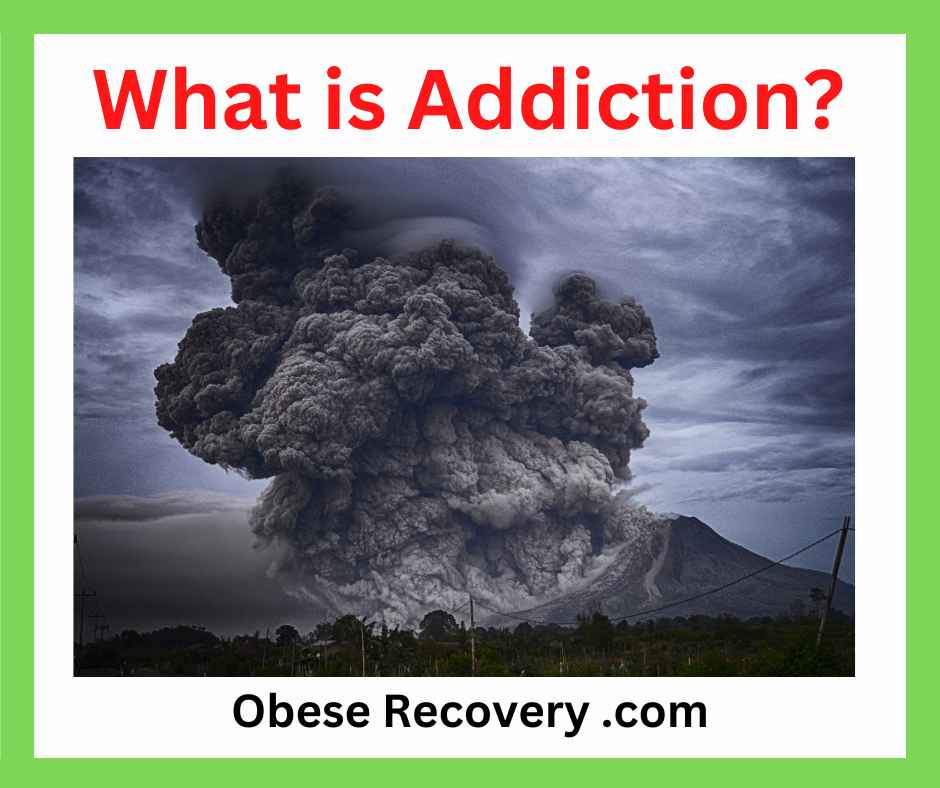
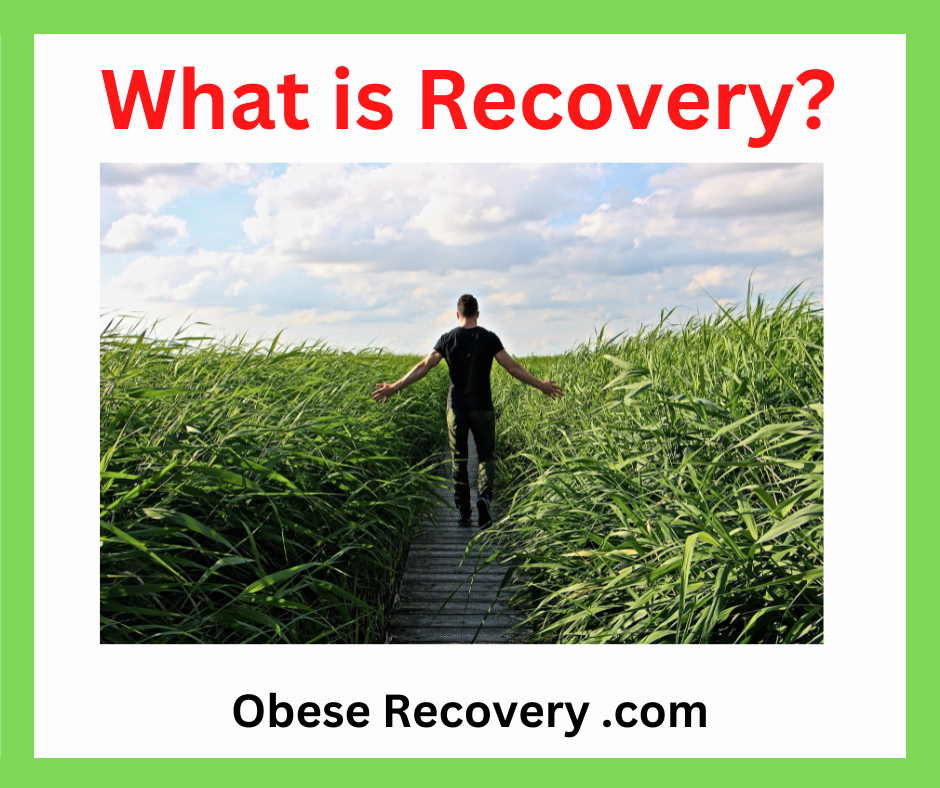
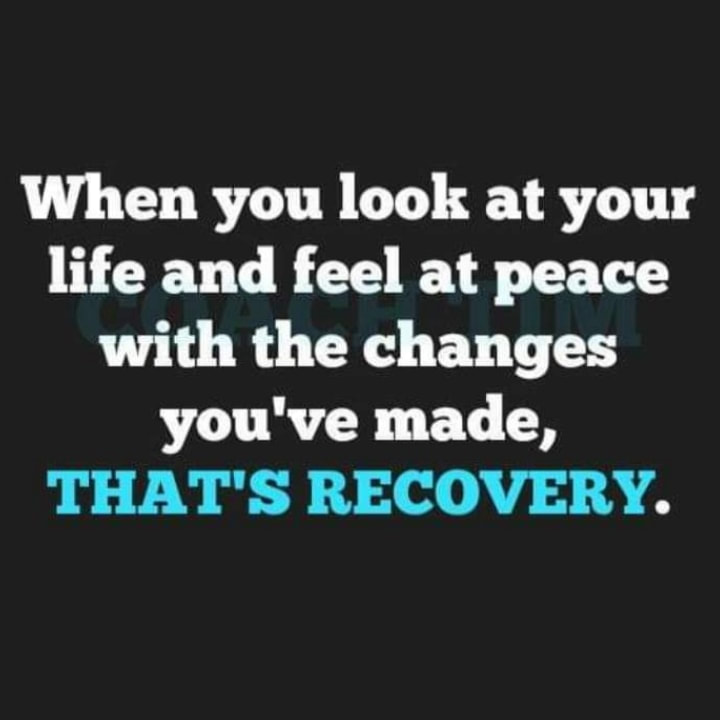





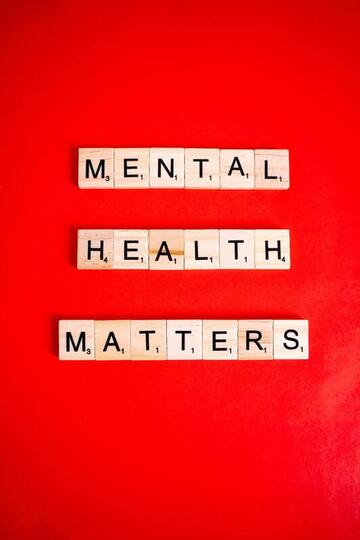
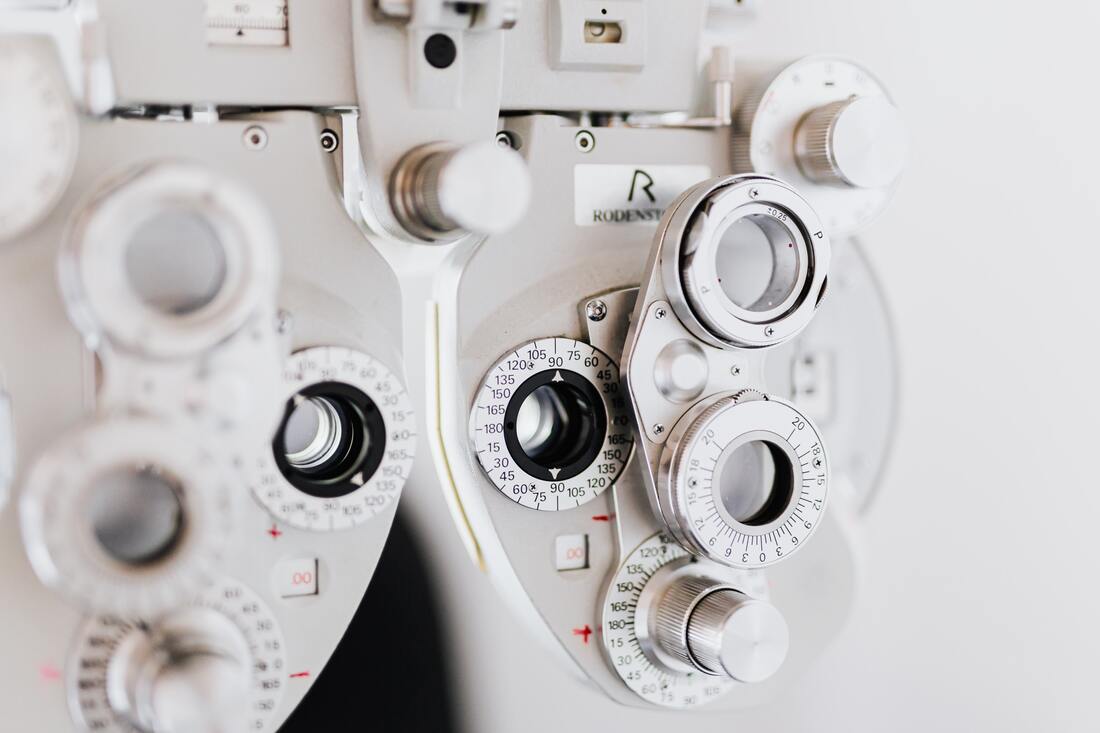

 RSS Feed
RSS Feed


